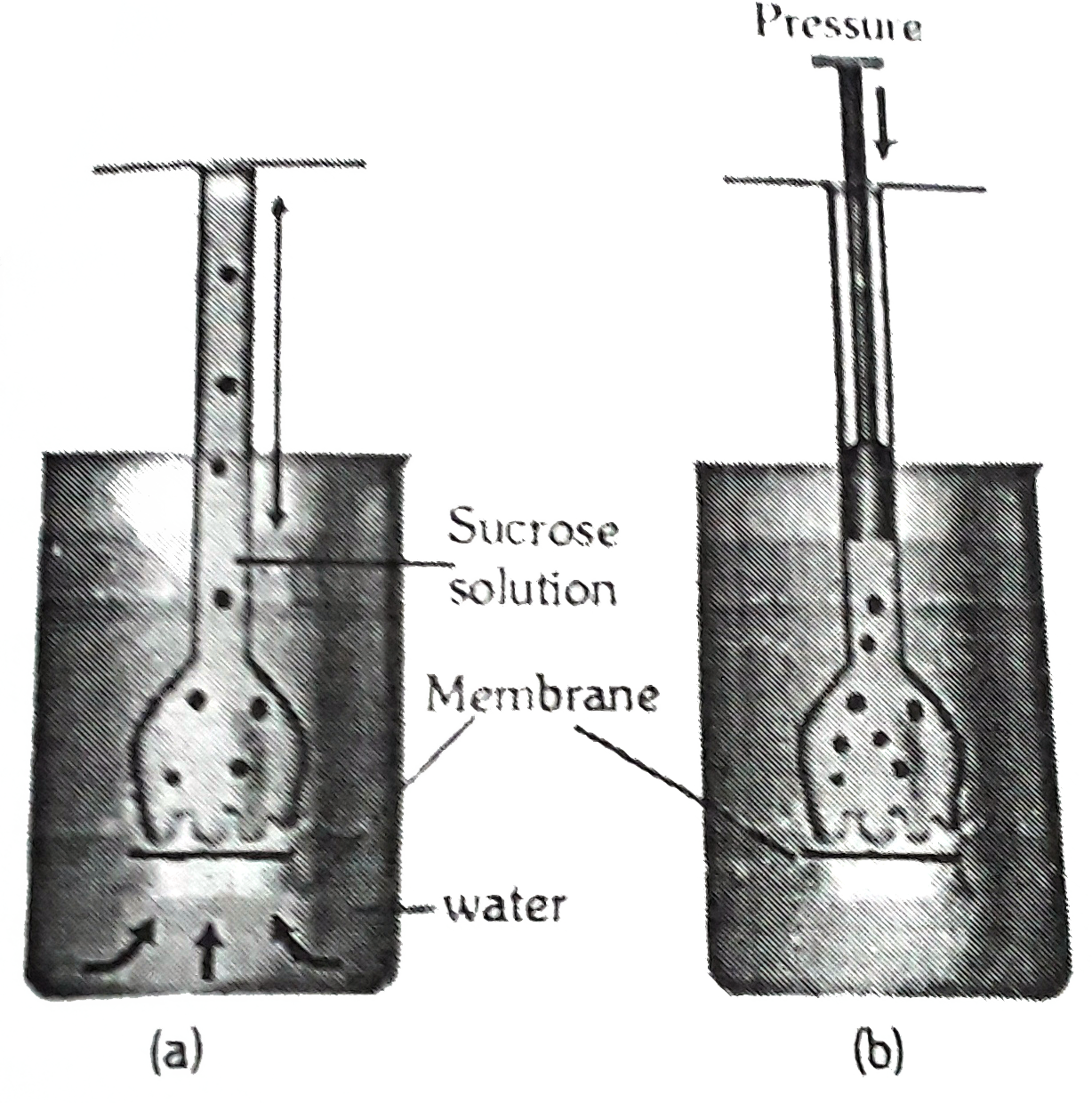Explain : Facilitated Diffusion and its properties.Solution in Gujrati
For the process of diffusion a gradient must already be present for diffusion to occur.
The diffusion rate depends on the size of the substances, obviously smaller substances diffuse faster.
The diffusion of any substance across a membrane also depends on its solubility in lipids.
Substances soluble in lipids diffuse through the membrane faster.
Substances that have a hydrophilic moiety, find it difficult to pass through the membrane, their movement has to be facilitated.
Membrane proteins provide sites at which such molecules cross the membrane. They do not set up a concentration gradient.
A concentration gradient must already be present for molecules to diffuse. Even if facilitated by the proteins. This is called facilitated diffusion. In facilitated diffusion special proteins help move substances across membranes without expenditure of ATP energy. Facilitated diffusion cannot cause net transport of molecules from a low to a high concentration.
Transport rate reaches a maximum when all of the protein transporters are being used.
Facilitated diffusion is very specific. It allows cell to select substances for uptake. Peculiarities of facilitated diffusion :
It is sensitive to inhibitors which react with protein side chains.
The proteins form channels in the membrane for molecules to pass through.
Some channels are always open, others can be controlled. Some are large allowing a variety of molecules to cross.
Porins are proteins that form huge pores in the outer membranes of the plastids, mitochondria and some bacteria allowing molecules up to the size of small proteins to pass through.
Extracellular molecule bound to the transport protein, the transport protein then rotates and releases the molecule inside the cell.
For e.g., water channels made up of eight different types of aquaporins.

Topper's Solved these Questions
- TRANSPORT IN PLANTS BOOK - KUMAR PRAKASHANCHAPTER - TRANSPORT IN PLANTS EXERCISE - Section-B Difference/Scientific Reasons
6 Videos
- TRANSPORT IN PLANTS BOOK - KUMAR PRAKASHANCHAPTER - TRANSPORT IN PLANTS EXERCISE - Section-C Definition/Explanation-terms/Location-Function
25 Videos
- THE LIVING WORLDBOOK - KUMAR PRAKASHANCHAPTER - THE LIVING WORLDEXERCISE - OBJECTIVE SECTION (FILL IN BLANKS)
9 Videos
Similar Questions

Study the given figure carefully and select the true and false statement(s) in this demonstration.
(a) Numerically this external pressure in figure (b) is equivalent to the osmotic potential of a solution, but the sign is opposite.
(b) Osmotic pressure is due to the solute concentration.
View SolutionDefine : Diffusion.
View SolutionA .......... is a collection of pressed, dried and preserved plants mounted on ……..
View SolutionFacilitated Diffusion
View SolutionFacilitated diffusion
View SolutionFacilitated Diffusion
View SolutionFacilitated Diffusion and Diffusion are types of
View SolutionIn facilitated diffusion
View SolutionFacilitated diffusion :
View SolutionFacilitated diffusion
View SolutionMention two similarities between diffusion and facilitated diffusion.
View SolutionFacilitated diffusion
View SolutionFacilitated diffusion
View SolutionDifferentiate between Simple diffusion and facilitated diffusion
View SolutionGiven below is a table. Fill in the gaps. Property Simple diffusion facilitate transport Active Transport Property simple diffusion facilitated transport Active transport. Highly selective _________ Yes _____________, Uphill transport ______ _________ Yes, Requires ATP----- ------- -----.
View Solution
